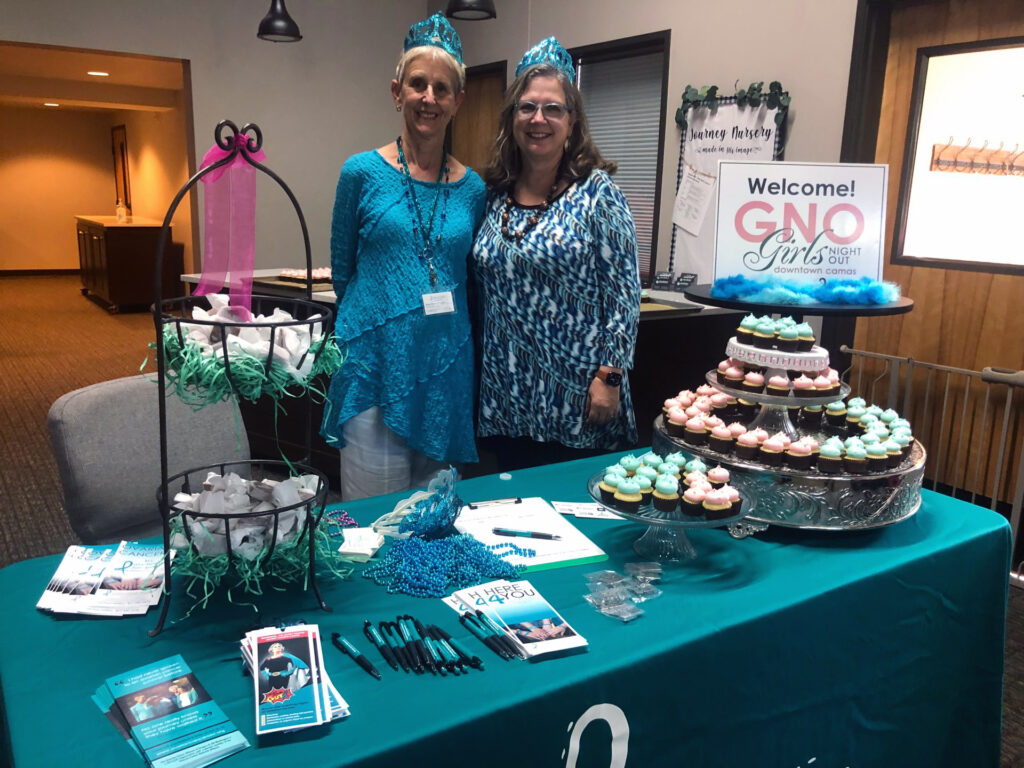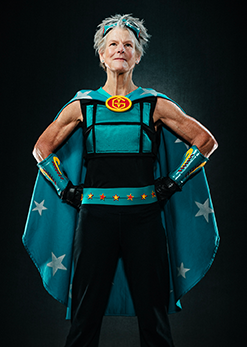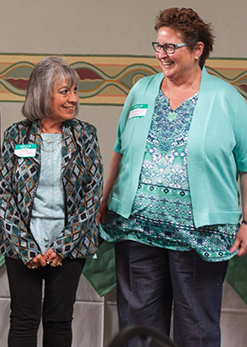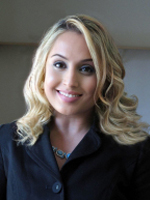In 2005, ovarian cancer survivors Diane O’Connor and Diane Elizondo founded the Ovarian Cancer Alliance of Oregon and Southwest Washington (OCAOSW) with a mission to support women facing this life-altering diagnosis. Two decades later, OCAOSW remains committed to this mission while adding vital programs of hope and support.
The story begins in early 2002 when Diane O’Connor and Diane Elizondo, both ovarian cancer survivors from Vancouver, Washington, connected on an online ovarian cancer support group. After meeting in person and both recovering from chemotherapy, they sought a way to channel their growing energy into helping other women managing an ovarian cancer diagnosis. They formulated a plan that included launching a gynecologic cancer support group in greater Vancouver and establishing a local nonprofit organization. The aim was to raise awareness of ovarian cancer among healthcare professionals and the broader community while providing support to women diagnosed with the disease.
Their plans came to fruition with the formation of a gynecologic cancer support group at Southwest Washington Medical Center in 2003. The Ovarian Cancer Alliance of Oregon and SW Washington was officially established as a 501(c)(3) nonprofit organization in 2005 and became a Community Partner Member of the Ovarian Cancer National Alliance.
Initially, the board members managed most of the organization’s work until 2012, when OCAOSW hired a part-time executive director. By 2019, recognizing the need for more leadership, the organization hired a full-time executive director, who is still with them today.
Over the years, OCAOSW has launched a widely circulated newsletter, developed a robust Survivors Teaching Students Program, established a solid peer mentor program, and created a much-needed financial aid program. The organization also continues to host periodic educational events and takes pride in offering monthly online support groups facilitated by a trained social worker.
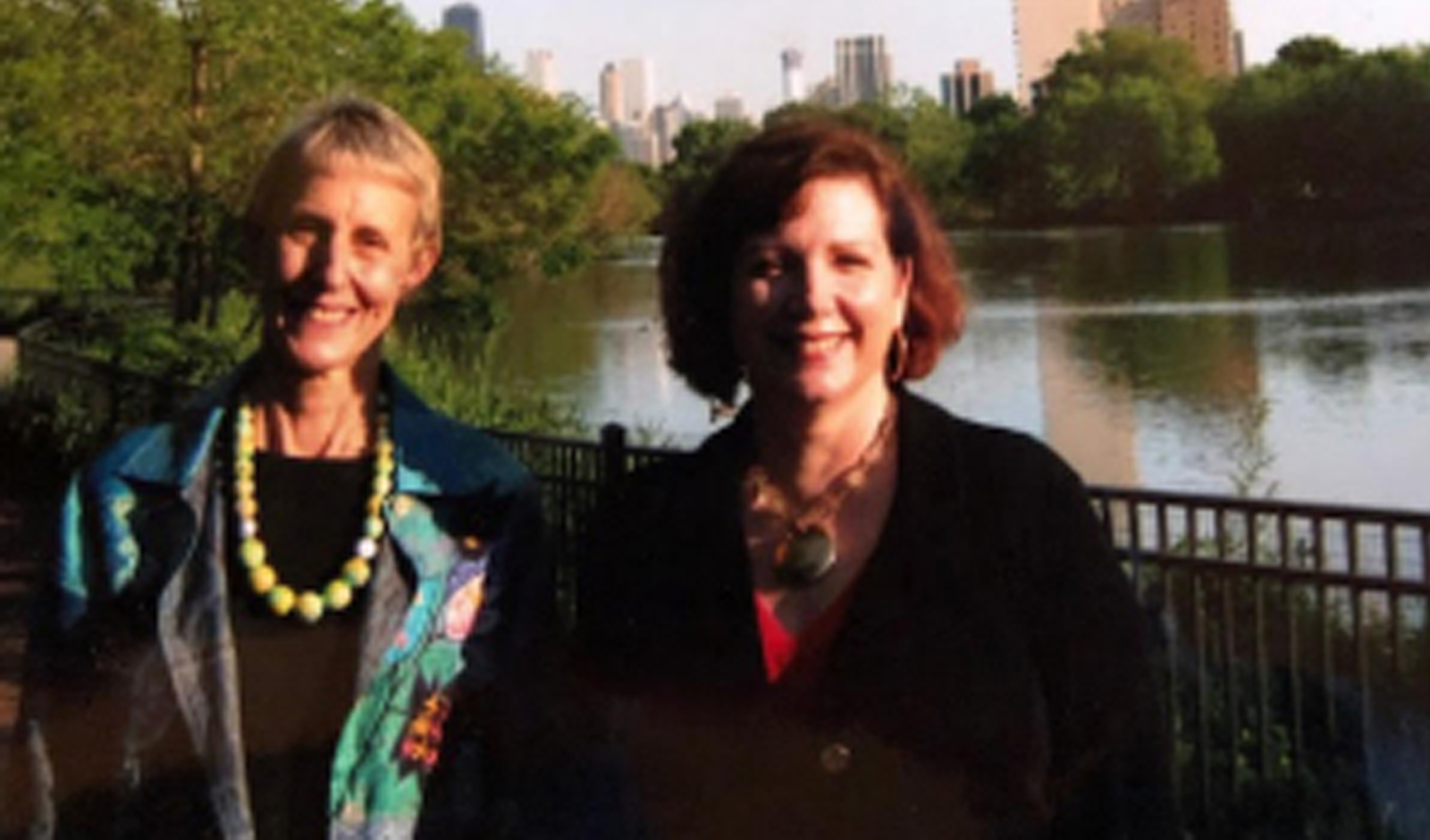
One of the most rewarding things is meeting a woman who’s just been diagnosed and bringing her into the fold, connecting her with a peer volunteer … then watching her complete treatment, get her hope back, and then say, “I want to be a peer volunteer for someone else—what can I do?
— Diane O’Connor, Co-founder


